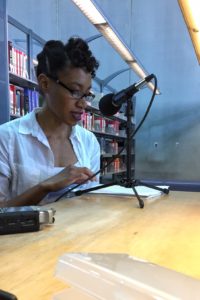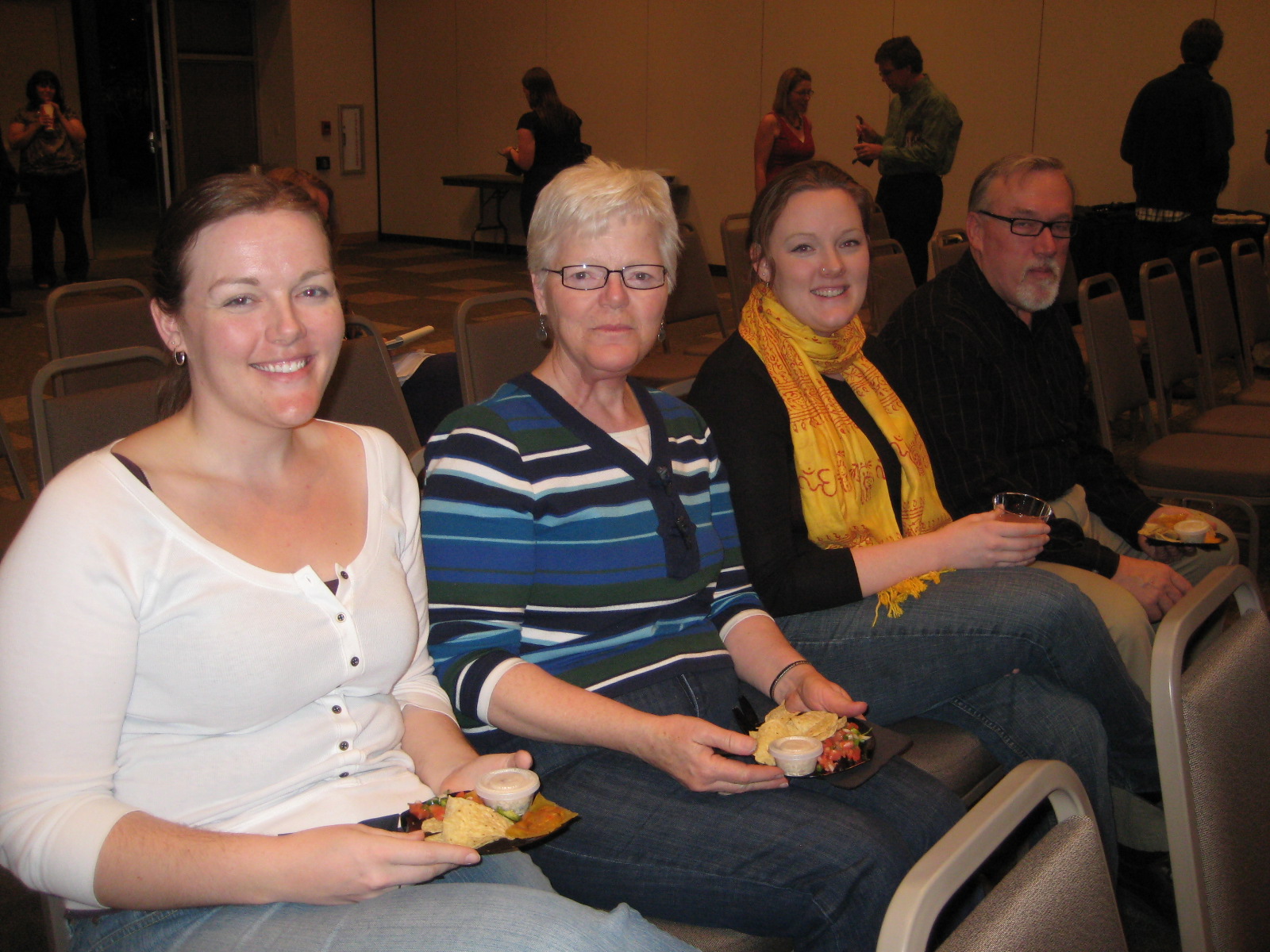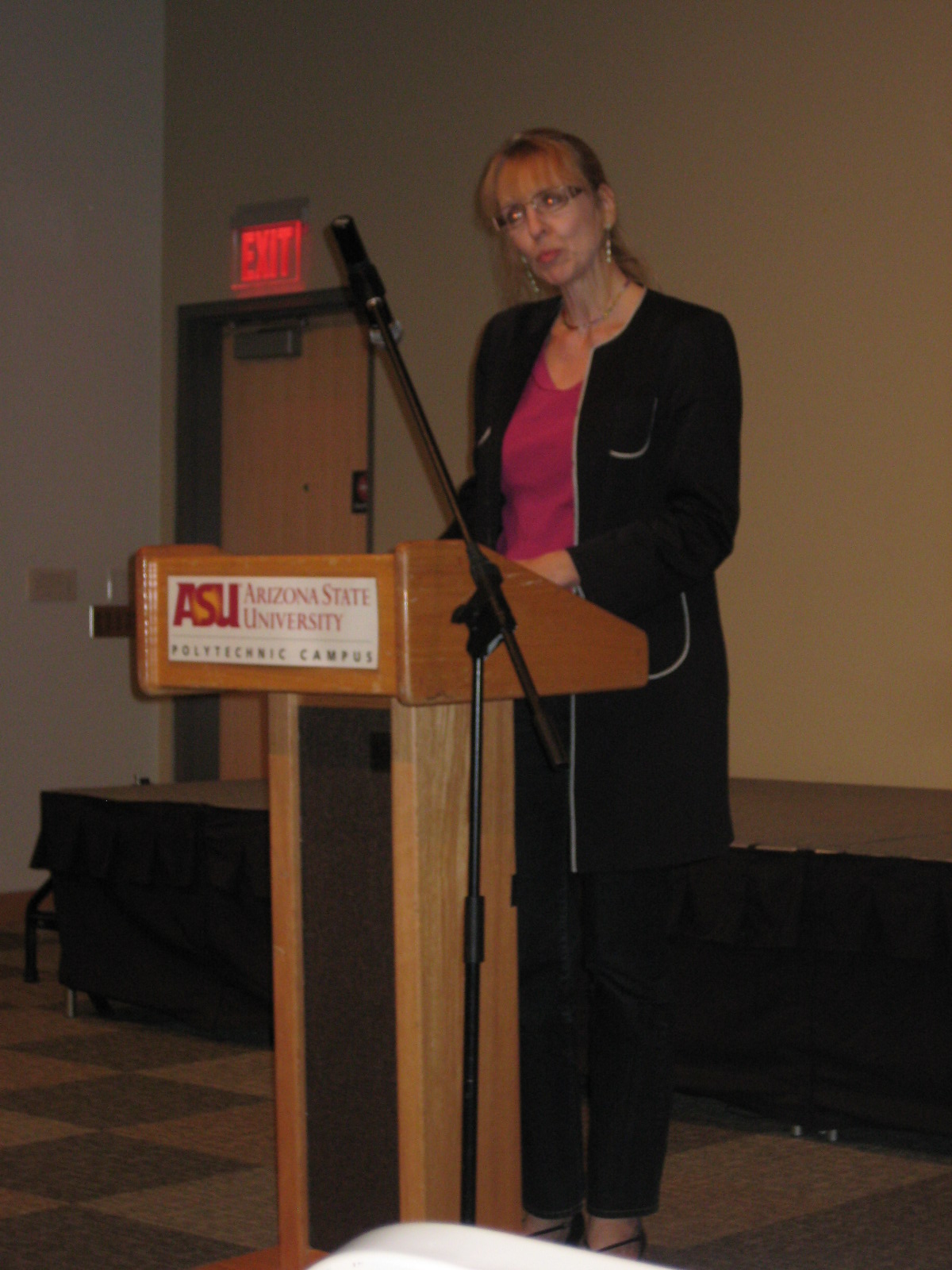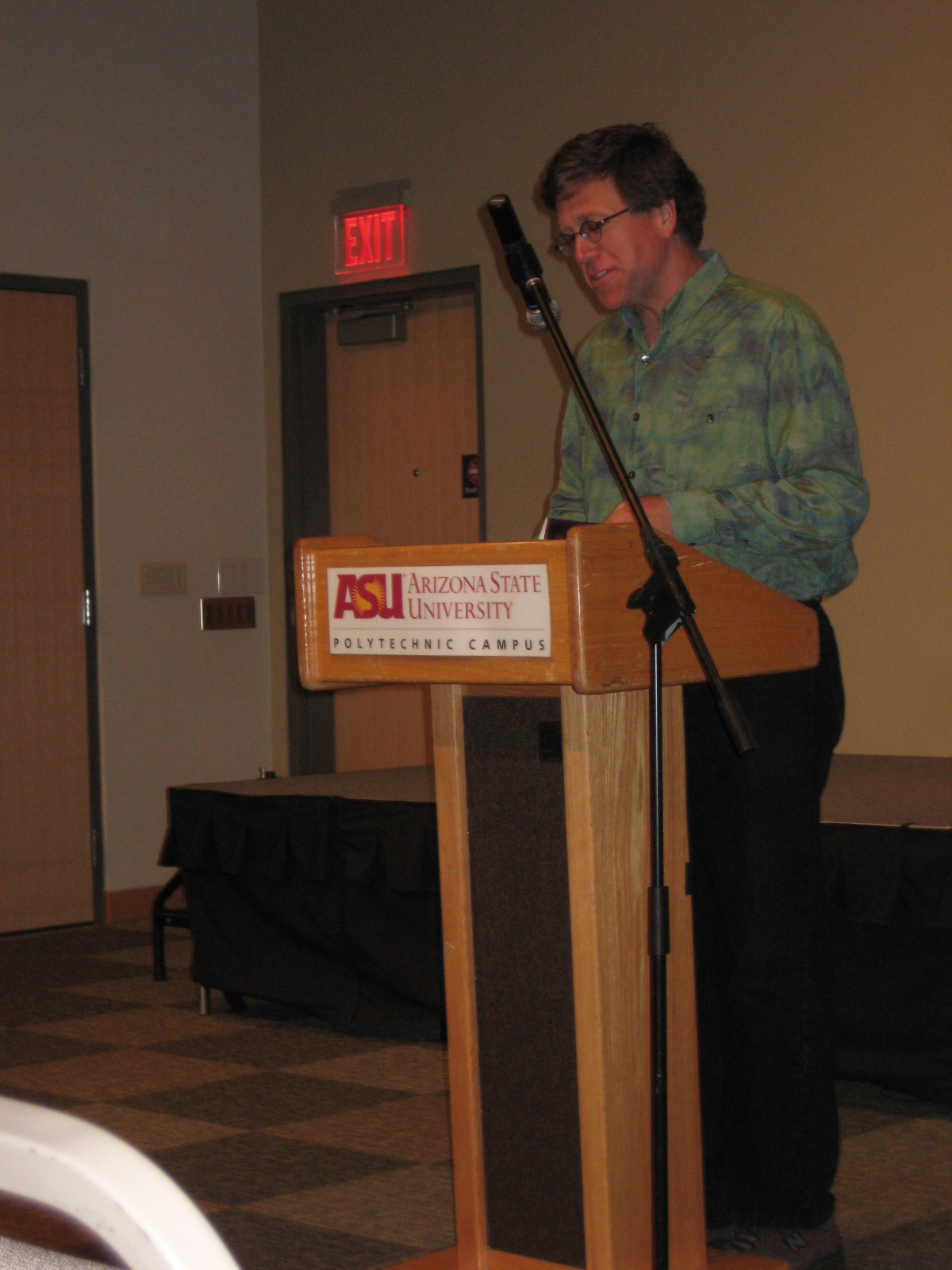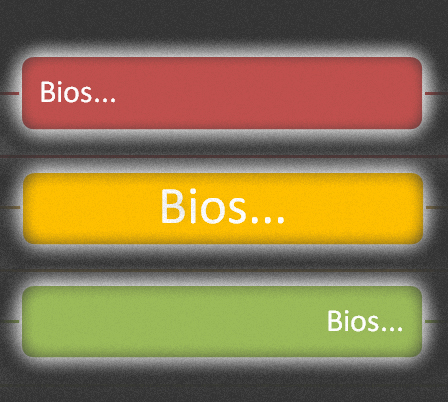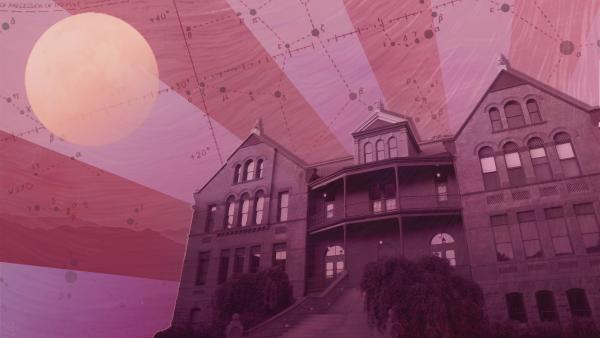
Date: Friday, February 22, 2019 – 10:00am to Saturday, February 23, 2019 – 6:00pm
Location: Old Main, Arizona State University, 400 E Tyler Mall, Tempe, AZ 85281
Cost: Free
Click here to RSVP or learn more about the event.
Event Description:
Presented in partnership with ASU Open Door as a public extension of the Desert Nights, Rising Stars Writers Conference, the Desert Nights, Rising Stars Literary Fair features small presses and publishers, authors, literary organizations, and other members of our larger community for two days of readings, talks, and other literary festivities.
All events and activities are open to the public and free. You do not need to register for the conference in order to attend.
While encouraged, RSVPs are purely for the purposes of monitoring attendance, gauging interest, and communicating information about parking, directions, and other aspects of the event. You do not have to register or RSVP to attend this event.
To learn more about the Literary Fair, you can meet our exhibitors or RSVP for the fair.
If you are interested in participating in the Desert Nights, Rising Stars Literary Fair, you can become an exhibitor.
To learn more about the Desert Nights, Rising Stars Writers Conference, you can meet our faculty or view this year’s schedule.
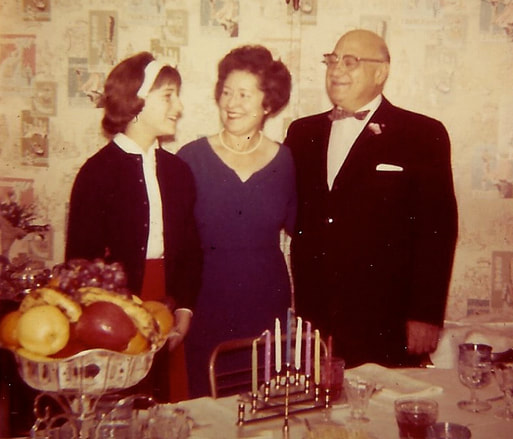
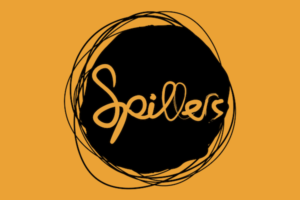 Local Phoenix’s premiere reading event Spillers has announced their new podcast series. The new series will have a short story read by the featured author, followed by an interview with the author. You can find out more and listen
Local Phoenix’s premiere reading event Spillers has announced their new podcast series. The new series will have a short story read by the featured author, followed by an interview with the author. You can find out more and listen 